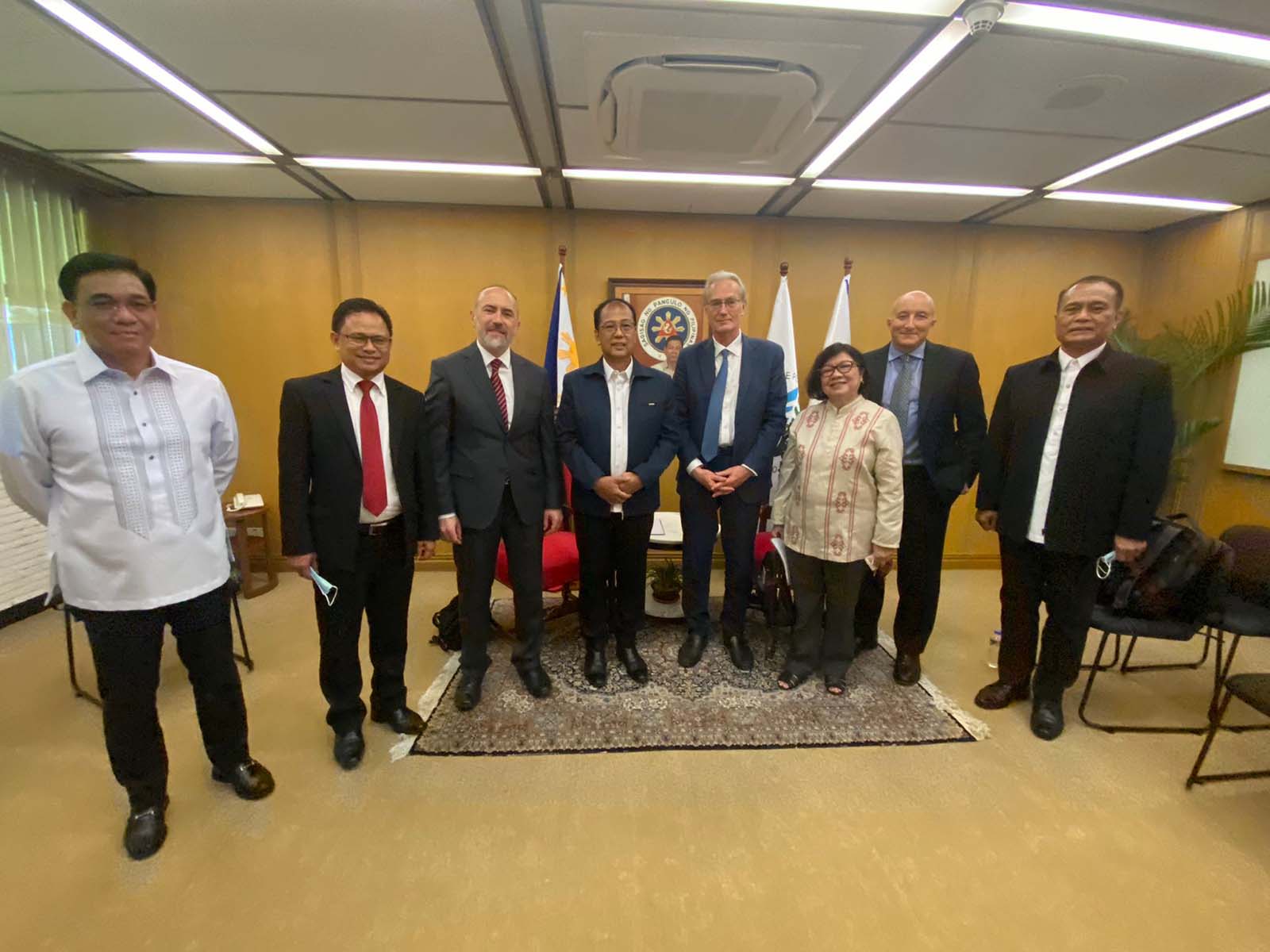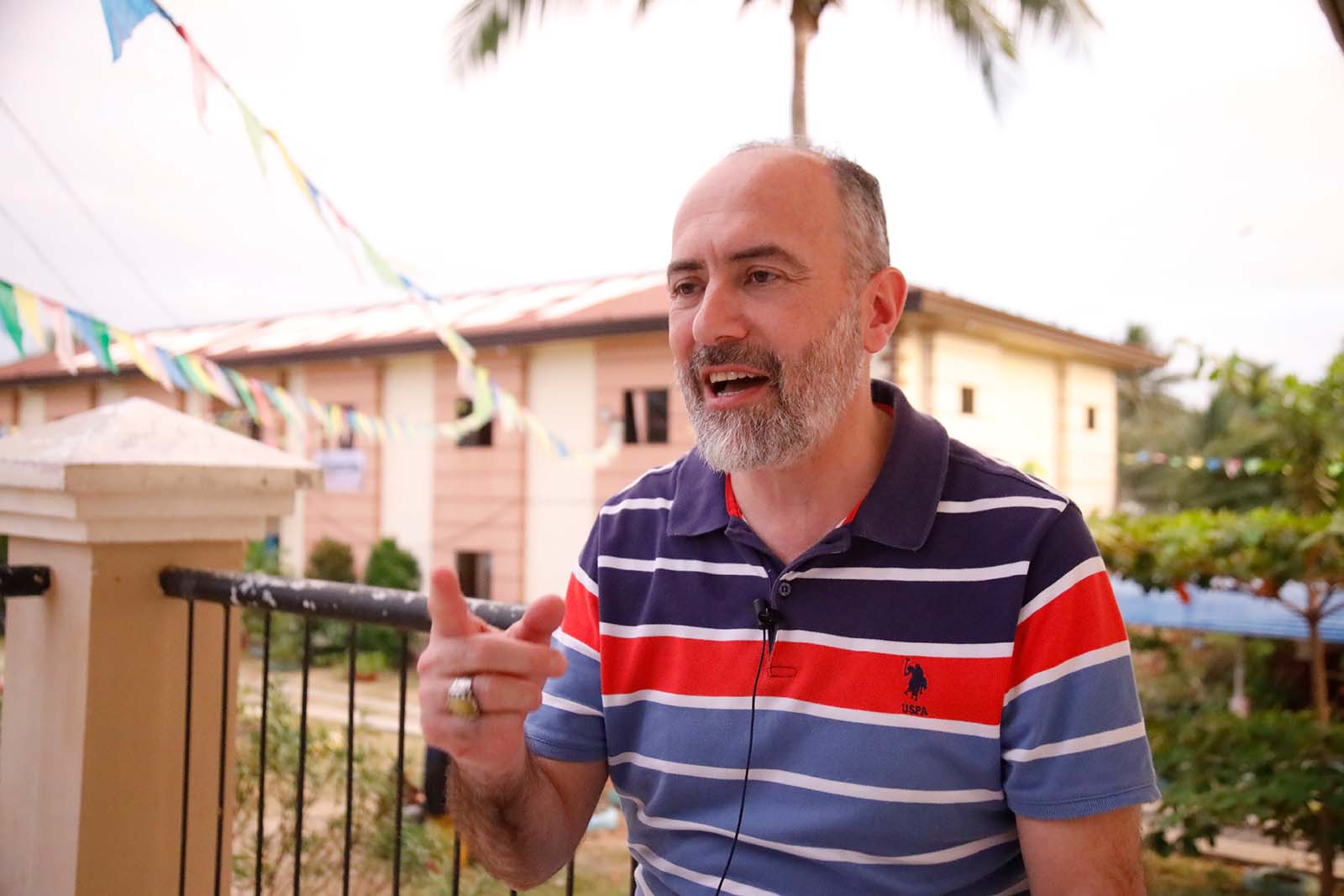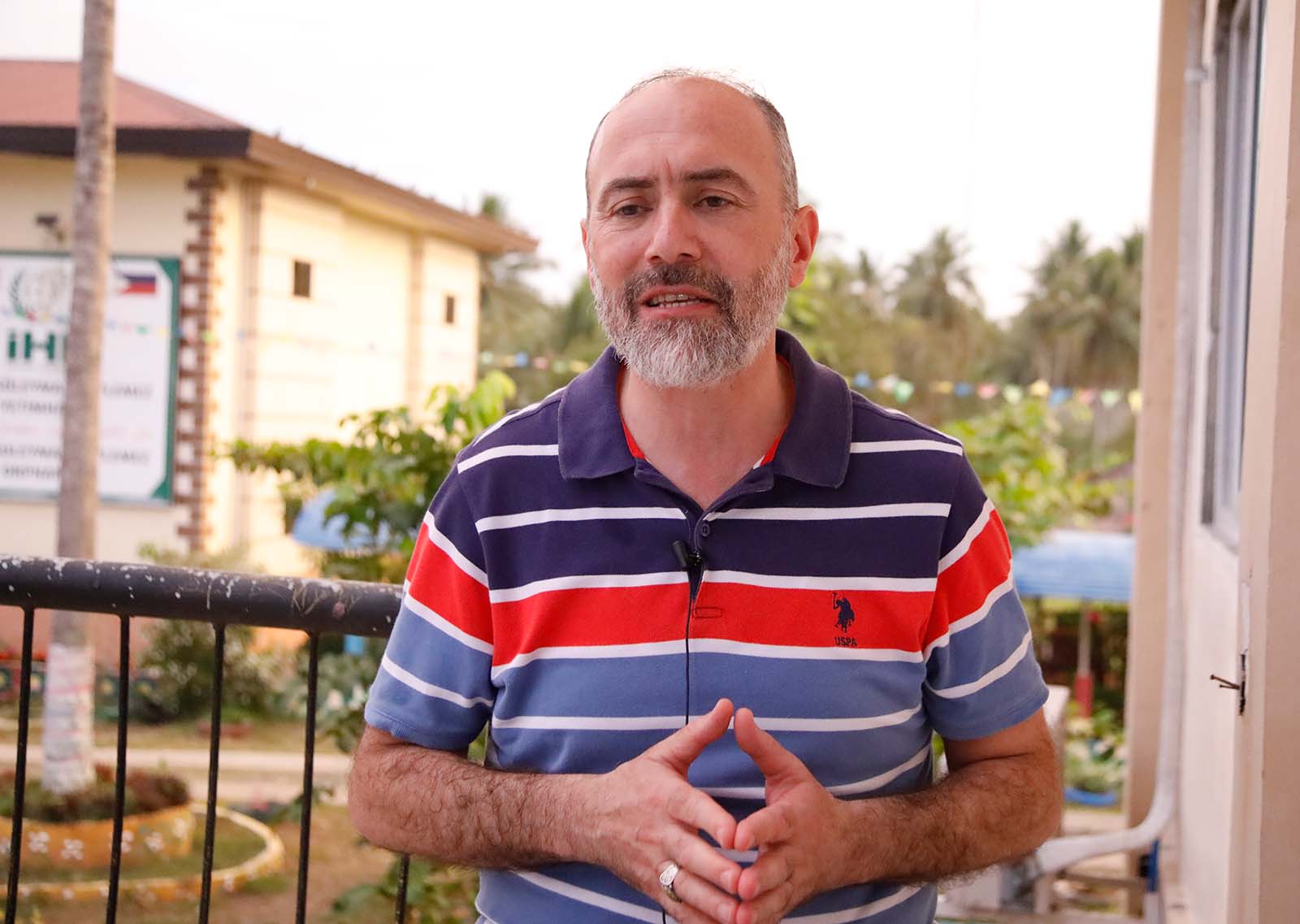
Vice-Chairman of IHH Human Rights and Freedoms Humanitarian Relief Foundation and TPMT member Hüseyin Oruç, assessed the course of the peace process and regional repercussions of the Philippine State Presidency elections in Cotabato.
Oruç explained that IHH served in the TPMT to monitor the process based on the framework agreement in 2013 and comprehensive agreements in 2014 with the Moro Islamic Liberation Front (MILF).
Pointing out that they visited the Bangsamoro Autonomous Region in Muslim Mindanao (BARMM) for the 43rd time, Oruç said this time they released the 7th report on the peace process.

“13.000 people have laid down their weapons”
Speaking about the “decommissioning weapons” process, Oruç said “Before the pandemic, 13.000 fighters submitted their weapons, this year we anticipate that 14.000 more fighters will lay down their weapons.”
Oruç said “Negotiations for the remaining 14.000 fighters to leave their weapons are continuing. Developments such as support for the fighters who laid down weapons in their adaptation process into civil life is progressing slowly.”
Oruç added, “The delay in the socio-economic packets and efforts for the camps to be returned to civil life appears to be delaying the decommissioning process.”
“Security vacuum”
Oruç argued the region is “highly sensitive” prior to the coming Philippine State Presidency elections in May.
Oruç explained “Among the many groups, large and small, there are some that declared their loyalty to DAESH and other groups. These groups continue to pose a risk for the peace process.”
Pointing out that among the commitments of the agreements was “Establishing the Bangsamoro Police Force”, Oruç said these negotiations were continuing, but that there were “different perceptions and manipulation of different bodies” within the government.
Speaking about the “potential risks” in the BARMM regions, Oruç said if the Bangsamoro Police Force does not begin operating during this process, there could be “serious issues.”
Oruç added “The greatest risk at the moment is the ‘security vacuum’ that will emerge in the region before the 9 May elections. Because the special security force consisting of half Philippine and half Bangsamoro forces has not been prepared as requested, this will create serious problems in terms of security.”

“Institutionalization of the government”
Oruç also emphasized the significance of the Philippine government and BARMM’s regional elections being postponed until 2025 because the process is “progressing slowly” during the Covid-19 pandemic, in terms of the “institutionalization of the government.”
Explaining that BARMM’s President of the Autonomous Government will continue to serve for another three years under the leadership of Hajji Murad Ebrahim, Oruç said that with the government’s programs, they had “overcome critical points, and gained the admiration of the people.”
Referring to the “legislation task” of the regional assembly, Oruç suggested that with the legislations that will form the foundation of Bangsamoro, “When we reach 2025, hopefully, the transition period will be complete and we will see that the government and the Moro people have overcome all their problems”
Referendum and delay
Bangsamoro is a region where almost 5 million people, mostly Muslim and Moro ethnic groups, live.
In the referendum held on 21 January and 6 February 2019, the people voted for the Bangsamoro Organic Law (BOL), and then the Bangsamoro Transition Authority (BTA) was formed.
At the end of October 2021, President of the Philippines Rodrigo Duterte approved the resolution to postpone the BARMM elections until 2025.
While the BARMM parliament and regional elections were postponed until 2025, the term of the interim was extended for another three years.
BARMM Chief Minister Ebrahim said this extension of the interim government's term showed that “We have a strong regional bureaucracy that can address our decades-long challenges.”
After two years, the Bangsamoro Peace Process Meetings, which were previously held online due to the Covid pandemic, were held face to face. The first talks held at the meeting were between the Presidential Peace Advisor Carlito Galvez and TMPT Panel Chairman Heino Marius.